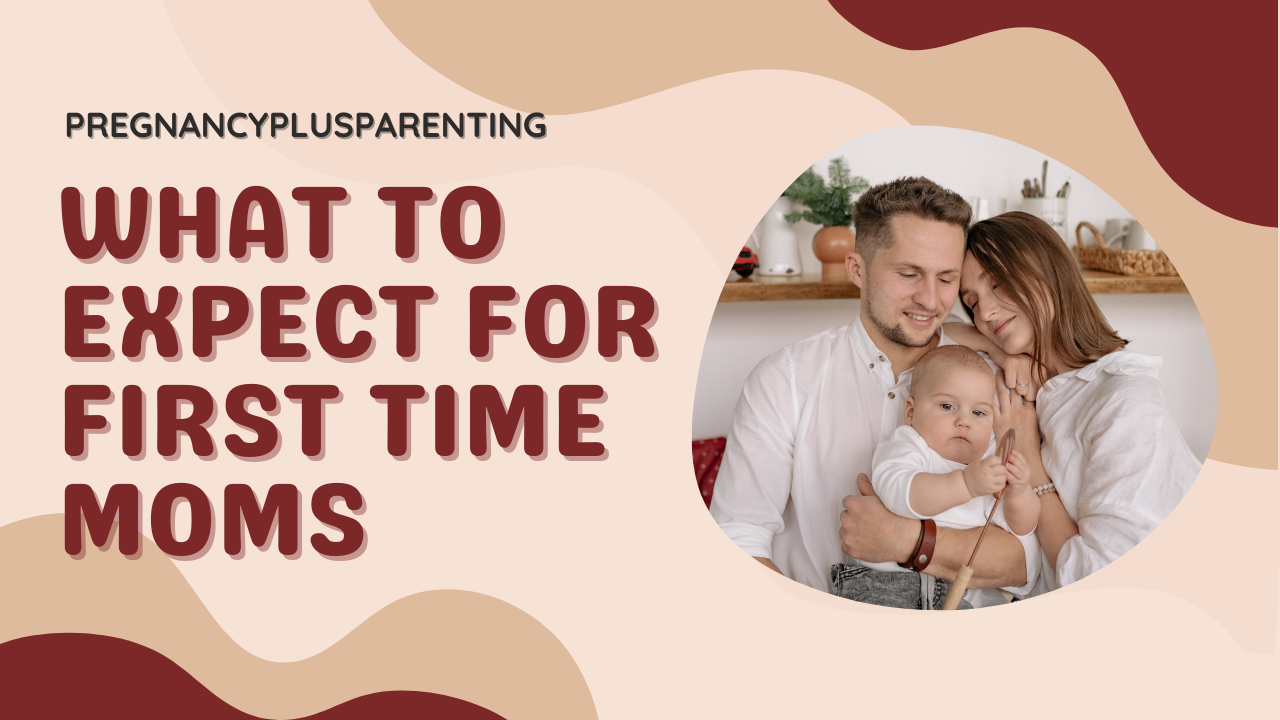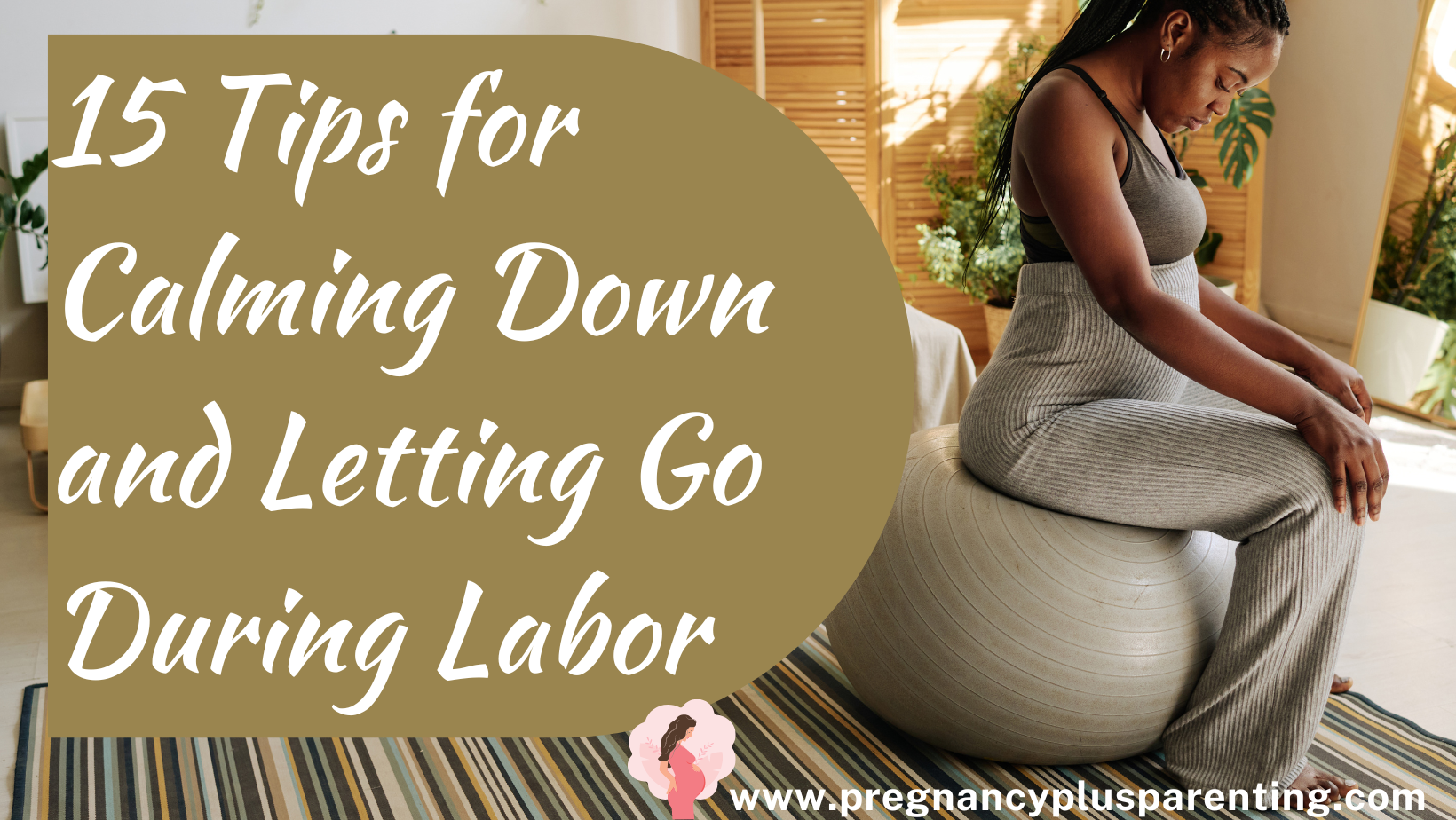What To Expect For First Time Moms
What to Expect for First-Time Moms
Becoming a mom for the first time is an exciting yet overwhelming journey filled with surprises, challenges, and joy. Whether you’re preparing for the arrival of your little one or trying to navigate life postpartum, understanding what lies ahead can help ease your transition into motherhood.
Introduction
Motherhood is a life-changing experience, especially for first-time moms. It brings profound emotional and physical changes. The anticipation, combined with the unpredictability, can be daunting. Preparing for this phase with the right knowledge and support can make a significant difference. This guide will walk you through everything to expect, from pregnancy to postpartum recovery and beyond.
Physical Changes During Pregnancy
Pregnancy introduces remarkable transformations to your body as it nurtures new life. Here’s what you can anticipate in each trimester:
First Trimester
- Symptoms: Morning sickness, fatigue, and heightened senses are common.
- Physical Changes: Minimal weight gain but significant hormonal shifts.
- Tips: Eat small meals, stay hydrated, and rest often.
Second Trimester
- Symptoms: Increased energy, reduced nausea, and the onset of back pain.
- Physical Changes: Noticeable baby bump and the “pregnancy glow.”
- Tips: Start prenatal exercises and wear supportive clothing.
Third Trimester
- Symptoms: Swollen feet, Braxton Hicks contractions, and sleep challenges.
- Physical Changes: Rapid fetal growth and increased pressure on your bladder.
- Tips: Practice breathing exercises and prepare your hospital bag.
Emotional Rollercoaster
Expect shifts in mood and emotions during pregnancy and after delivery. Hormonal changes can cause feelings of happiness, fear, or even sadness.
- Anxiety and Fears: Common concerns about labor, parenting, and health.
- Mood Swings: Fluctuating hormones may lead to emotional highs and lows.
- Coping Mechanisms:
- Journaling or talking to someone you trust.
- Mindfulness and prenatal yoga.
Prenatal Care Essentials
Proper prenatal care is the cornerstone of a healthy pregnancy. Regular doctor visits allow early detection of issues and provide reassurance.
- Key Tests: Ultrasounds, glucose screening, and blood work.
- Healthy Eating: Focus on leafy greens, lean proteins, and whole grains.
- Supplements: Take prenatal vitamins with folic acid and iron.
Preparing for Labor and Delivery
Labor preparation can help reduce anxiety. Understanding your options and preferences beforehand will give you confidence.
- Birth Plan: Outline preferences for pain relief, delivery methods, and postpartum care.
- Types of Delivery: Vaginal birth, cesarean section, and natural birth.
- Pain Management: Epidurals, breathing techniques, and water therapy.
Building a Support System
Having a reliable support network ensures you don’t feel alone during this journey.
- Partner Support: Attend prenatal classes together and discuss shared responsibilities.
- Extended Family: Their experience and help can ease your workload.
- Professional Help: Consider hiring a doula or lactation consultant.
Setting Up the Nursery
Creating a safe and functional space for your baby is a rewarding task. Focus on essentials over aesthetics.
- Checklist:
- Crib and mattress.
- Diapers and changing station.
- Feeding supplies.
- Safety Tips: Anchor heavy furniture and keep small objects out of reach.
Baby’s First Days Home
The transition from hospital to home can feel overwhelming. Establishing a routine and learning your baby’s cues will help.
- Feeding: Feed on demand, whether breastfeeding or formula feeding.
- Diapering: Expect frequent changes in the first few weeks.
- Bonding: Skin-to-skin contact promotes a strong connection.
Breastfeeding Basics
Breastfeeding offers numerous benefits but can be challenging initially.
- Tips for Success:
- Get a proper latch to avoid discomfort.
- Use nipple cream to prevent soreness.
- Seeking Help: Reach out to lactation consultants if needed.
Postpartum Recovery
Your body will need time to heal after childbirth. Take small, manageable steps toward recovery.
- Physical Recovery: Expect postpartum bleeding, cramping, and breast engorgement.
- Emotional Care: Baby blues are normal, but persistent sadness may indicate postpartum depression.
- Self-Care Tips:
- Rest whenever possible.
- Stay hydrated and eat nourishing meals.
Sleep Challenges for Mom and Baby
Sleep deprivation is a common struggle for new moms. Establishing healthy sleep habits can alleviate this.
- Understanding Sleep Cycles: Newborns sleep for short intervals.
- Tips for Better Sleep:
- Swaddle your baby for comfort.
- Nap when your baby sleeps.
Balancing Relationships
Becoming parents brings changes to relationships. Communication is key.
- Marital Bond: Schedule regular check-ins with your partner.
- Family Involvement: Set boundaries to avoid feeling overwhelmed.
Work-Life Balance
Many moms find returning to work challenging. Planning ahead can make this transition smoother.
- Maternity Leave: Use this time to adjust and prepare.
- Childcare Options: Research reliable providers or consider family support.
- Time Management: Prioritize tasks and delegate when possible.
When to Seek Help
Recognizing when to ask for support can prevent long-term challenges.
- Postpartum Depression: Symptoms include persistent sadness, fatigue, and withdrawal.
- Medical Issues: Monitor both your and your baby’s health closely.
- Resources: Join mom groups or consult your pediatrician.
FAQs for First-Time Moms
- What are the early signs of labor?
Look for regular contractions, water breaking, and a bloody show. - How often should I feed my newborn?
Every 2-3 hours, or on demand. - When will my baby sleep through the night?
Most babies start sleeping longer stretches at 3-6 months. - Is it normal to feel overwhelmed?
Yes, transitioning to motherhood can be challenging. Seek help if needed. - What’s the best way to soothe a crying baby?
Swaddling, rocking, and white noise can help. - How long does postpartum recovery take?
Physical recovery typically takes 6 weeks, but emotional healing varies.
Conclusion
Motherhood is a rewarding yet challenging journey, especially for first-time moms. Embrace each moment, seek help when needed, and trust your instincts. Remember, you’re not alone—millions of moms have navigated this path before you.






